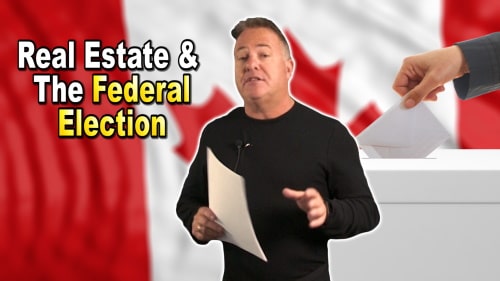Welcome back to Simply Real Estate w/ Todd C. Slater. As we promised last week, we’ll be taking a look at what makes someone a Real Estate Speculator, today, but before we get there let’s talk about the real estate market in general.
Real Estate News of the Week
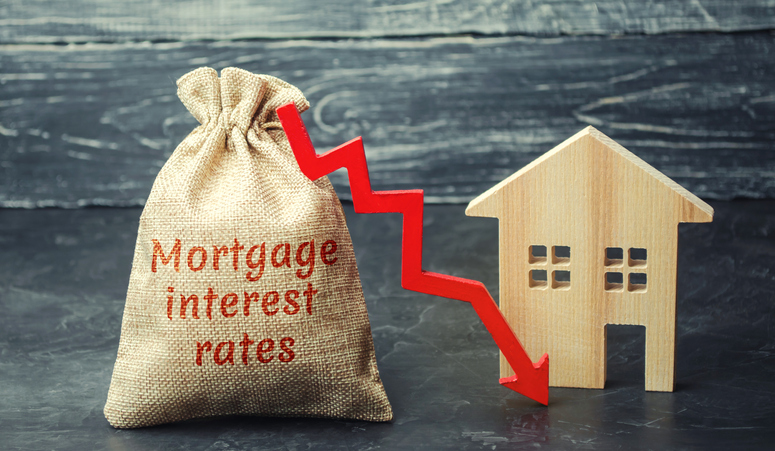
Right now in North America, it seems like it’s a pretty steady market. Interest rates are becoming more attractive. Right now, the Fed and the Bank of Canada are looking at a potential deduction in the fall. So, this means that your 5-year fixed mortgage is going to continue to come down. This is going to afford you a lot of opportunities in the near future. So, if you’re a buyer, keep in mind, watch the interest rates because they are going to become more affordable.
This week’s topic, though, as we promised last week, is Real Estate Speculation, and the avenues that you can utilize in the field. But first, before we go down that road, let’s get a quick recap of what makes a Real Estate Investor because that becomes important when trying to understand speculation.
What is a Real Estate Investor?
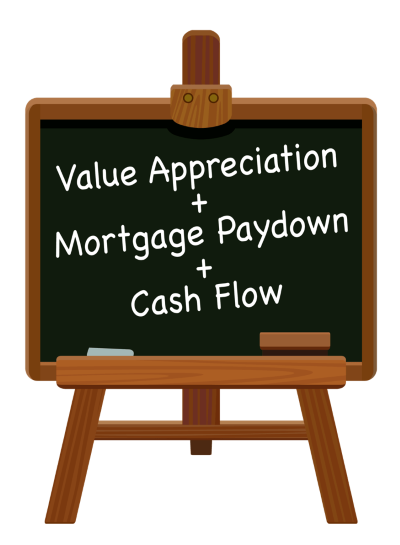
If you remember, last week we broke it down. We used the Simple Equation which is, of course, based on:
- Value Appreciation: That means the value of a property actually going up.
- Mortgage Paydown: This is really important. It’s when part of your mortgage is actually going towards reducing the principal of that mortgage.
- Cash Flow: This is the tough one because it can be either positive or negative. You usually want to be in the positive category. Some people, though, are going into the negatives, and that is what we want to break down this week.
What is a Real Estate Speculator?
When we talk about Simple Speculation, this is when somebody is turning around, and they are looking to buy something that they can make some quick money on. Perhaps not a whole lot of effort, but there are all sorts of avenues that you can utilize when you start looking at Real Estate speculation. Let’s break down a few of them together.
Buying Brand New Construction
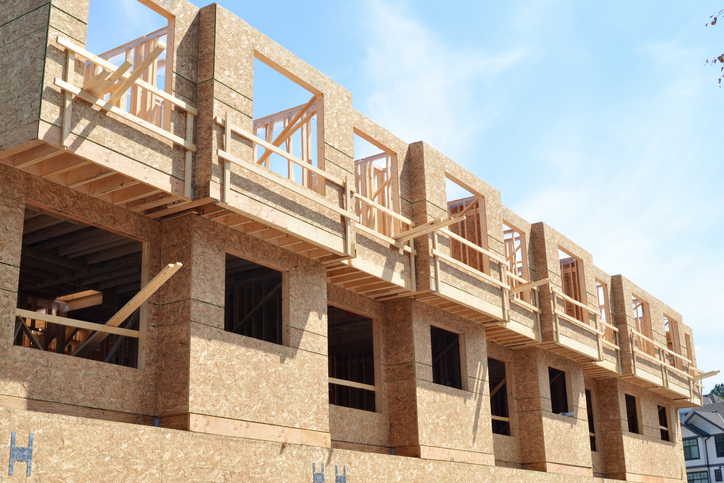
First and foremost, there is the idea of buying brand new construction. That’s the time when the builders turn around and say “Hey listen, three, four, or five years from now, this property is going to be ready for you to close.
So, this is when a lot of people jump on the bandwagon and they say:
- It’s going to be affordable now
- It’s going to go up in value
- So, by the time I close on it, I’m going to have a huge increase in value
If you do go for it though, make sure you have an assignment clause in that offer when you are buying brand new construction for the future. Assignment clauses are important because that means that you can actually sell that piece of paper that you signed with the builder before you have to close! It’s a very important thing to have, just in case.
Life Happens!

You know, one of the reasons we try to break this down and want to stress the importance of an assignment clause is because the most important thing for you to understand in real estate or any other business is Life Happens. We all know that, but a lot of people tend to forget.
Are you going to have a job over the next few years? Does something happen in your life? How about in some form of marital capacity? Will that change?
Things do change… we can’t tell you what’s going to happen in our own lives 5 years from now. Can you decide what’s going to happen 5 years from now? Probably not, and its best not to risk something when you can easily avoid it. So, make sure you’ve got an assignment clause in that offer.
A Real Estate Speculator’s Goals
Again, when we take a look at market places, we have to be conscious of what that market place is going to need over the next 5 years. So if you’re going to be a speculator, make sure that you are buying into an area that you know is going to have:
- Good Growth
- High Demand
- Increasing Population (Of course, immigration does help because 5 years from now, that market place could have way more people living in it and there is going to be a bigger demand for what you own)
Now, in the meantime, when we talk about being a speculator there are two ways it can happen.
Closing on the Property

The first way is to close on the property. If you do close on it, you’ll have to:
- Pay land transfer tax
- Pay a lawyer to close on it
- Have a mortgage on the place
At that point, if you decide to sell, that is going to have capital gains. Keep in mind, that is not always the best way to do it.
Selling the Assignment Clause Before Closing
You could sell that piece of paper, your Agreement of Purchase and Sale, prior closing, but if you’re going to do that, always keep this in mind. You are no longer talking about capital gains. You are now talking about income tax and that one you’ve got to be careful with because we can tell you right now, the IRS and Revenue Canada want to make sure they get their money. So, keep that in mind when you are doing your calculations of how much money you are going to earn.

What About Flipping?

Now, of course, there are other opportunities out there, as well. We know a lot of people like the idea of doing the quick flip which can be explained in three simple steps.
- Buy a property
- Renovate it to increase its value
- Sell the property
So again, this is going to be more capital gains because you’ve taken title, and you are going to be doing renovations.
Now, you know how a lot of people think renovations can happen overnight like it all happens within 30 – 60 days? Well to be honest with you, if there are any permits that are necessary, a lot of construction, or anything that you didn’t figure out before buying the property, you could be dealing with a much longer time before selling.
So, one of the things we believe everyone should think about is your cash flow for 6 months. In other words, make sure you have broken down your costs:
- Financing
- Construction
- Legal Fees
- And then to disperse it, potential real estate fees
When we take a look at those numbers, you’ve got to make sure that you are still in profit. A lot of people turn around and basically buy themselves a job. You have to decide if that is something you want to do.
Rent to Own
Now, another avenue, of course, is the idea of the Rent to Own strategy:
- You buy a property
- Then you lease it out to a tenant
- The tenant will give you a sizeable deposit to rent for the next two years or so
- The tenant buys it after the two years are up

One of the problems, though, with a Rent to Own scenario like that is that the market could, potentially, go up more, or that the tenant doesn’t reestablish credit or one of the reasons they couldn’t get a mortgage in the first place. So, you might end up, two years from now, in the same boat where you either have to do this again, or you may have to sell to someone else because you didn’t want to be a landlord.
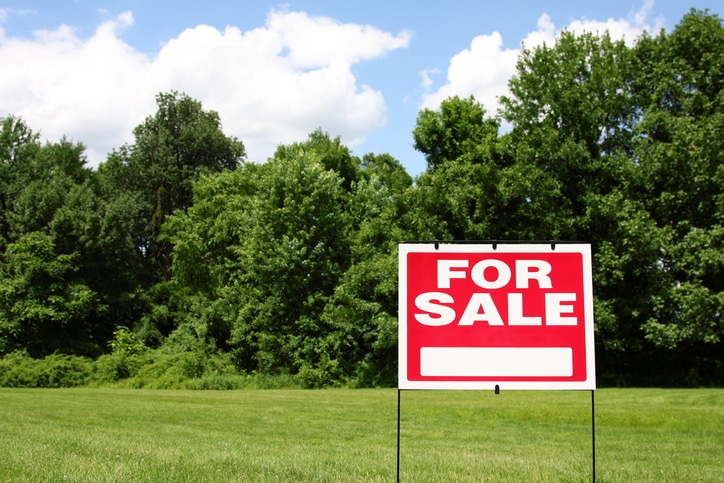
Again, there are all sorts of opportunities out there and as we go along each week, we’re going to keep you up to date on some of the opportunities that might face you in your market place! Make sure to tune in next week, where we will cover land banking, the buying and selling of land, and how that can be a profitable method of speculation, as well!
If you have any questions or are unsure about anything we covered this week, you can book a phone meeting or in-person meeting with Todd below, and he would be glad to help you out.
Subscribe to our youtube channel to be notified when the next episode is released because next week you’ll see why land can be as profitable or sometimes even more profitable than housing!

